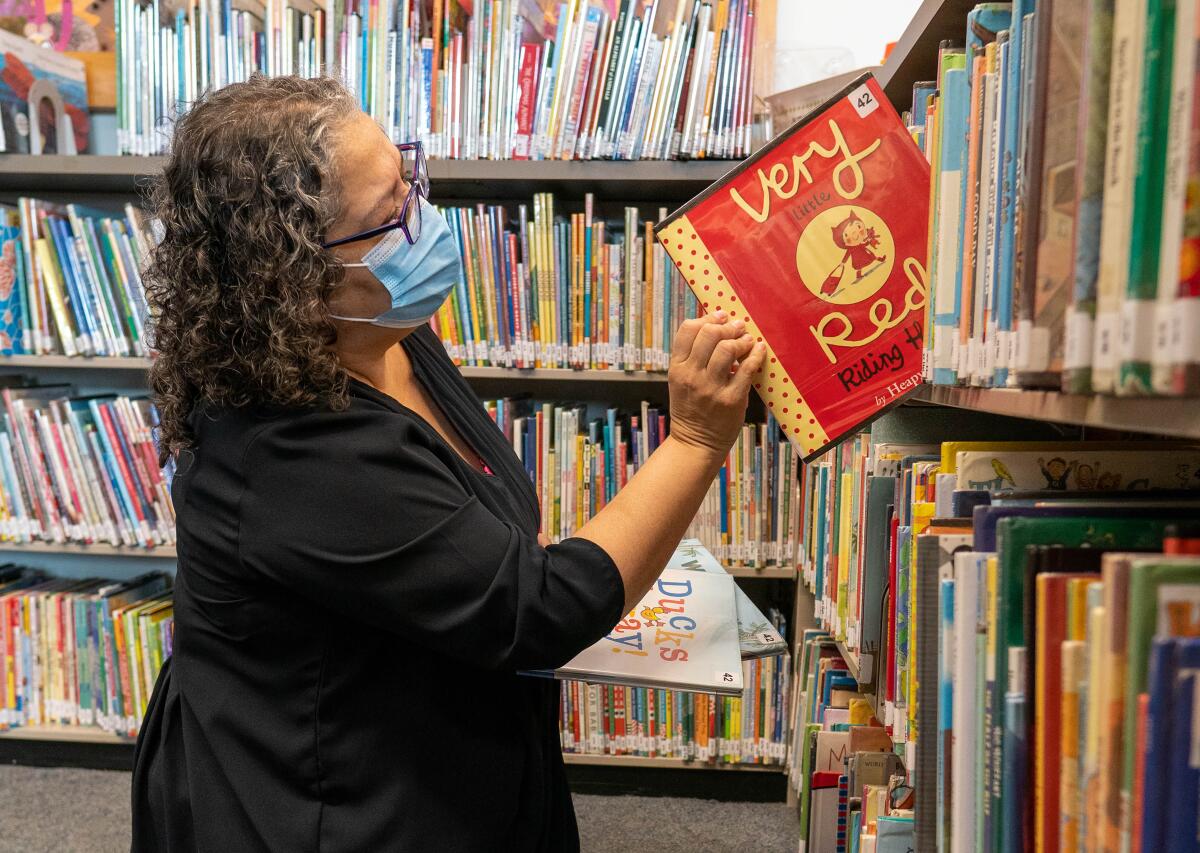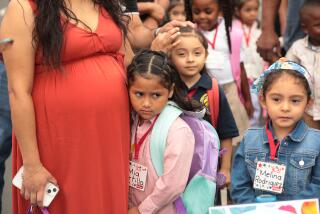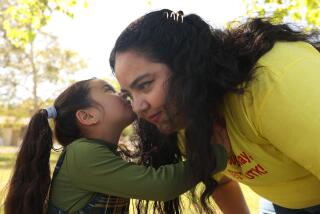Reading by 9: Hone these 4 pre-reading skills to get your child reading ready

From our friends at the Los Angeles Public Library
Literacy is built on the below pre-reading skills. These are the foundations of your child’s path to becoming fluent readers.
These skills are supported when you, as a parent, use the five early literacy practices: Talk, Sing, Write, Play and Read.
Play
Learning through play includes imaginative, cognitive and physical play. Play enables children to develop their language, social-emotional and cognitive skills. It also encourages imagination and creativity.
Write
Writing helps children develop motor skills and understand that written words represent ideas. At the pre-writing stage, they do not need to write legibly — being able to scribble or trace is a good start. Through writing, children express themselves, learn the conventions of written language and learn how to read.
Talk
Talking helps a child develop early literacy skills, specifically their narrative skills which help with reading as they get older. Not sure what to talk about? Narrate your day or initiate conversations about read-aloud stories by asking, “What do you see on this page?” or “What do you think will happen next?”
Sing
Singing (even off key) helps your child learn how to hear smaller sounds in words. Learning to hear and break down parts of words help your child develop phonological awareness, which will, in turn, help them learn to read.
Read
Reading with children develops their language and literacy skills. Words can be found all around us, even on cereal boxes and advertisements. Recognizing such environmental print allows children to differentiate text from pictures at an early age by reading the words in their immediate surroundings.
Help your little develop their reading skills with the activities found below.
Vocabulary
Multiple readings of picture books provide children with repeated exposure to new words.
Print awareness
Point out letters and words in text found in the child’s environment.
Narrative skills
Talk about your day together and the series of events that happened
Print motivation
Read all types of books that a child might enjoy, including pop-ups, wordless fiction books, fiction and nonfiction.
Letter knowledge
Encourage children to practice making lines, curves and circles. This will later help them to write letters on purpose.
Phonological awareness
Sing nursery rhymes to your child at every opportunity.
View the full guide here.


